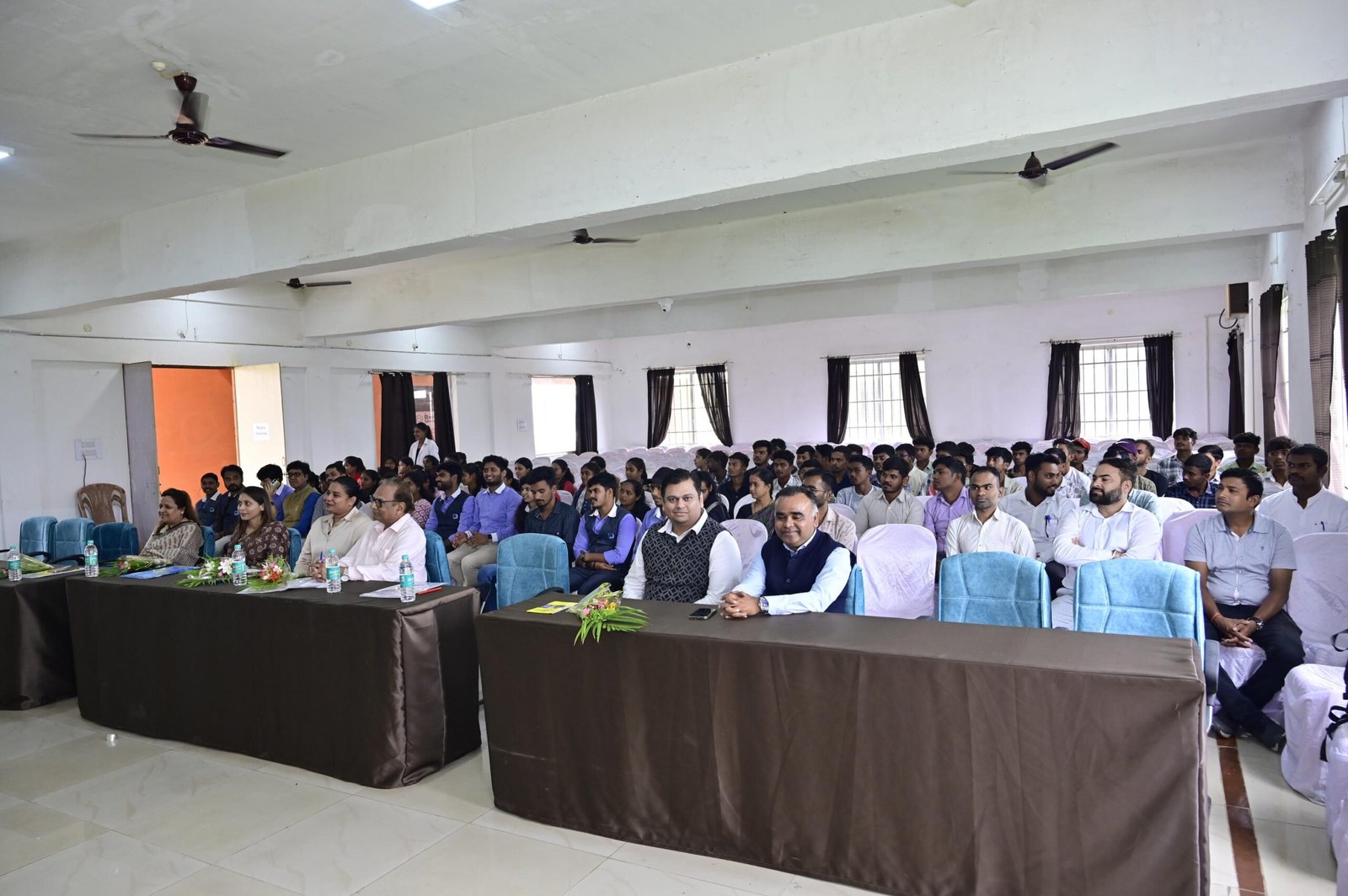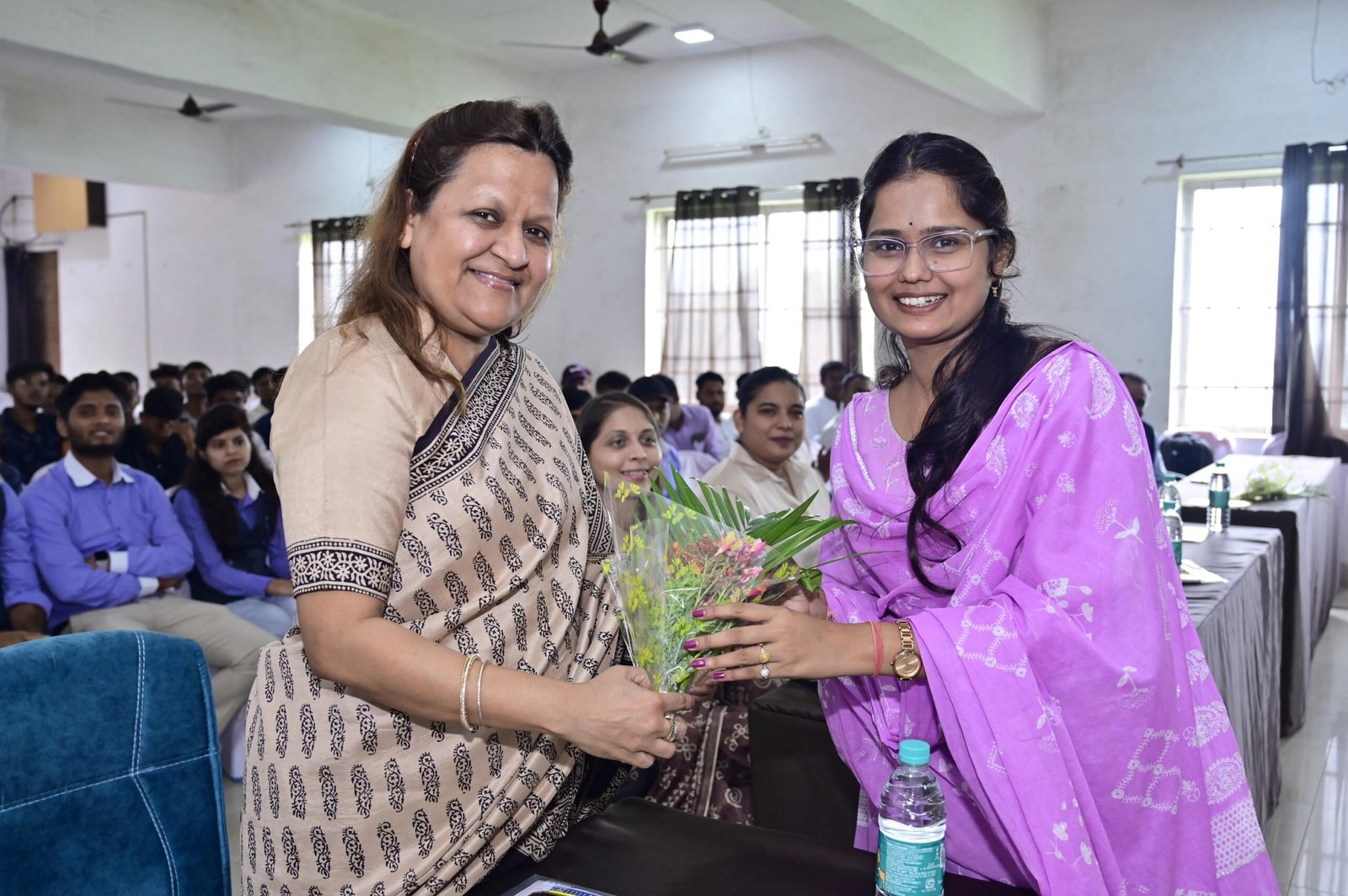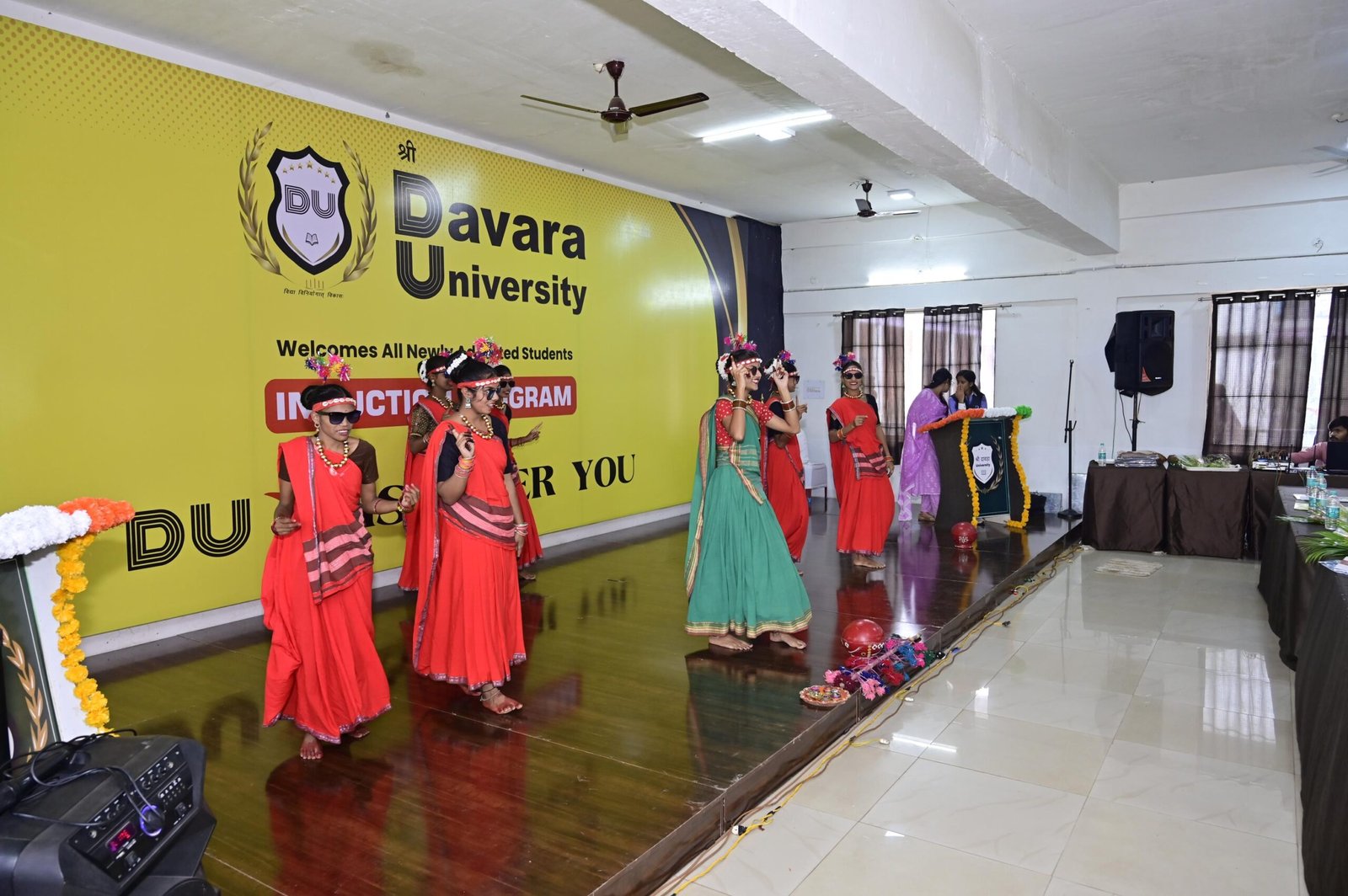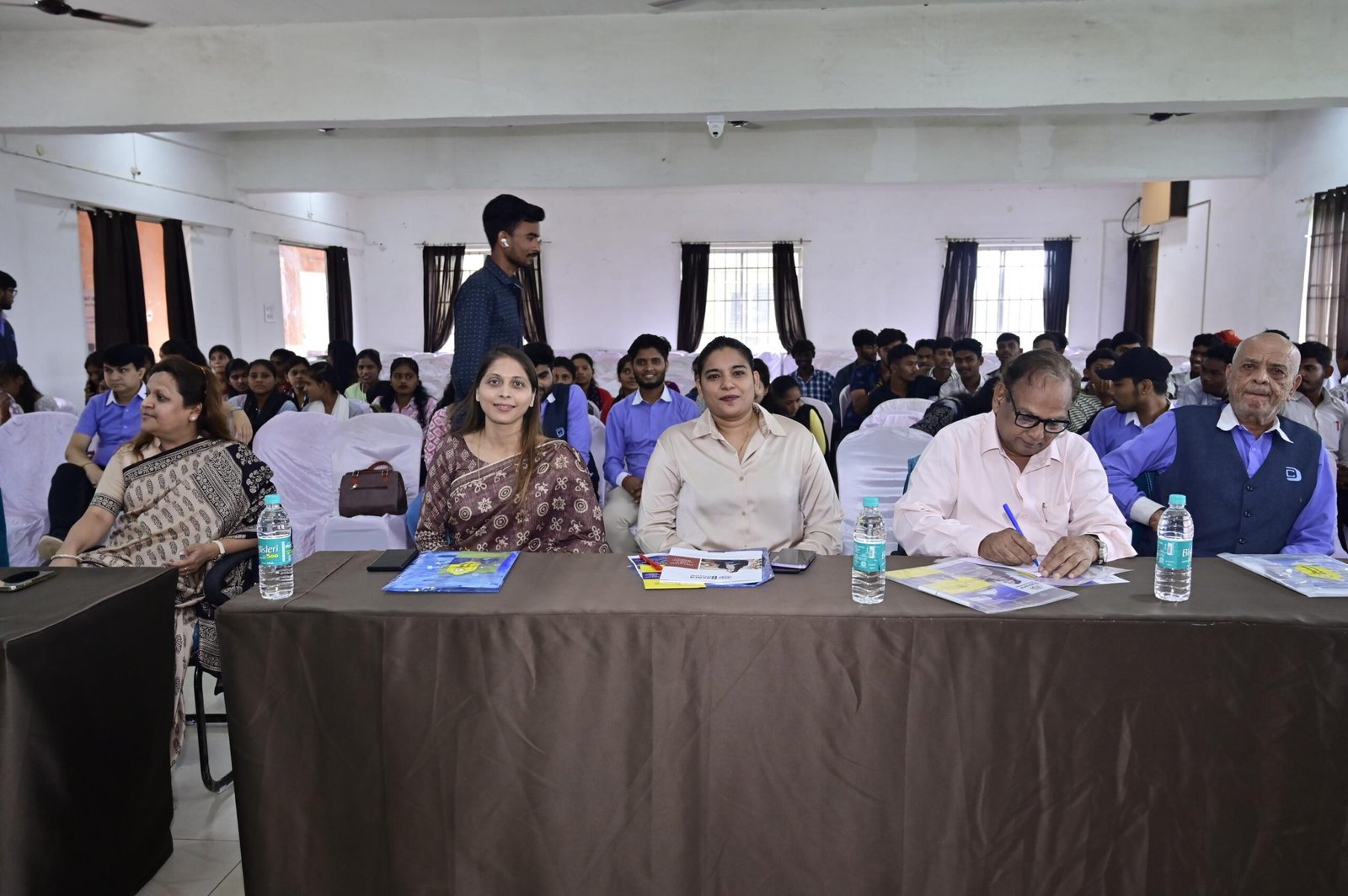



A Master of Fashion Designing is a postgraduate program that delves deeper into the intricacies of the fashion industry. It builds upon the foundation established in undergraduate fashion studies, providing students with advanced knowledge and skills to excel in the competitive fashion world.

Affordable tuition, financial aid, and scholarships to make your education attainable.
Fully accredited programs ensuring your degree is respected and recognized globally.
A wide range of programs in arts, sciences, business, and technology to fit your career goals.
Proven success with high employment rates and graduates at top companies worldwide.
This program cultivates creativity, innovation, and business acumen. Students explore a wide range of subjects, including fashion theory, textile science, pattern making, draping, fashion forecasting, and fashion business. Emphasis is placed on developing a strong design aesthetic, technical proficiency, and a deep understanding of consumer behavior and market trends.Through rigorous coursework, practical projects, and industry collaborations, students refine their design sensibilities and gain a comprehensive understanding of the fashion industry’s complexities. The program prepares graduates for leadership roles in various fashion domains such as design, production, marketing, and brand management.Ultimately, a Master of Fashion Designing equips individuals with the necessary tools to create innovative and impactful fashion collections while contributing to the ever-evolving fashion landscape.

Apply the knowledge of mathematics, science, engineering fundamentals, and an engineering specialization to the solution of complex engineering problems.
Identify, formulate, research literature, and analyze complex engineering problems reaching substantiated conclusions using first principles of mathematics, natural sciences, and engineering sciences.
Design solutions for complex engineering problems and design system components or processes that meet the specified needs with appropriate consideration for the public health and safety and the cultural, societal, and environmental considerations.
Use research-based knowledge and research methods including design of experiments, analysis and interpretation of data, and synthesis of the information to provide valid conclusions.
Create, select, and apply appropriate techniques, resources, and modern engineering and IT tools including prediction and modeling to complex engineering activities with an understanding of the limitations.
Apply reasoning informed by the contextual knowledge to assess societal, health, safety, legal and cultural issues and the consequent responsibilities relevant to the professional engineering practice.
Understand the impact of the professional engineering solutions in societal and environmental contexts, and demonstrate the knowledge of, and need for sustainable development.
Apply ethical principles and commit to professional ethics and responsibilities and norms of the engineering practice.
Function effectively as an individual, and as a member or leader in diverse teams, and in multidisciplinary settings.
Communicate effectively on complex engineering activities with the engineering community and with society at large, such as, being able to comprehend and write effective reports and design documentation, make effective presentations, and give and receive clear instructions.
Demonstrate knowledge and understanding of the engineering and management principles and apply these to one’s own work, as a member and leader in a team, to manage projects and in multidisciplinary environments.
Recognize the need for, and have the preparation and ability to engage in independent and lifelong learning in the broadest context of technological change.






